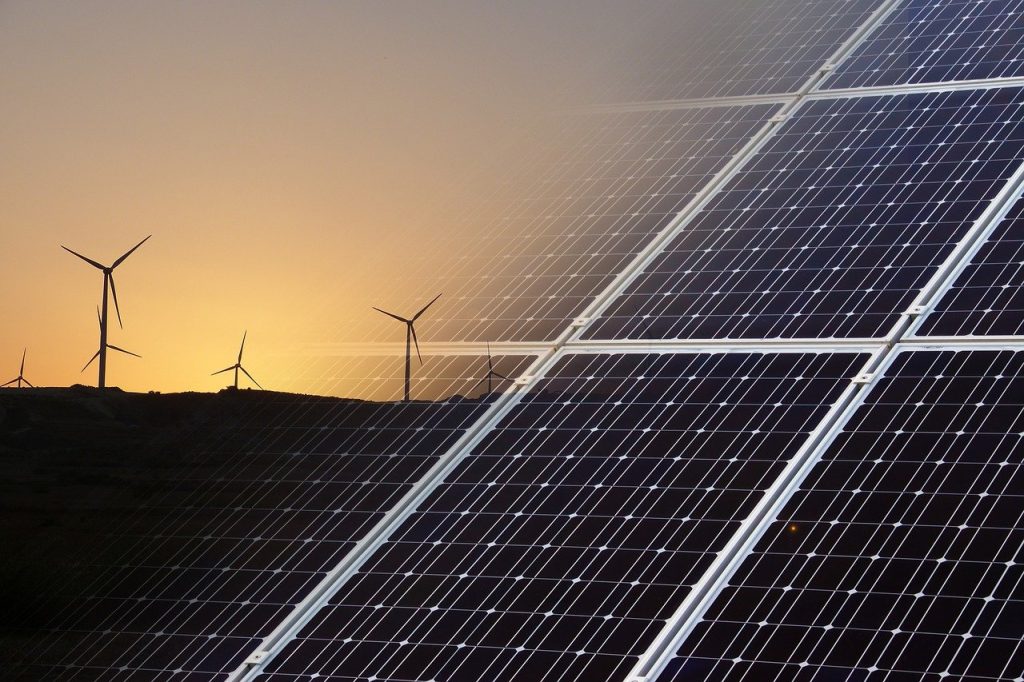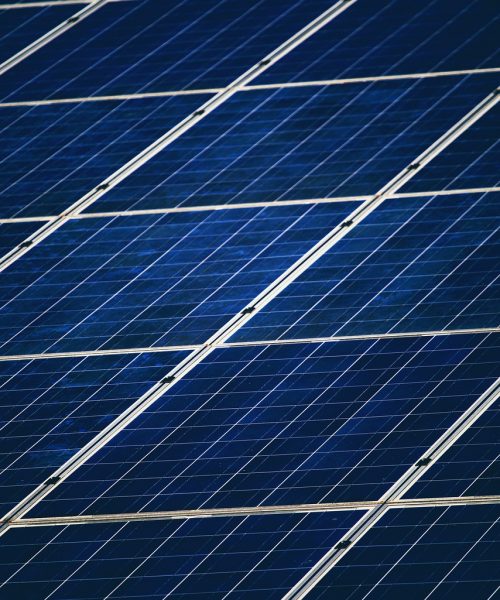Energy
- Home
- Energy
Well into the 21st century, some 3 billion people worldwide, mostly in low- and middle-income countries, still rely on polluting fuels and technology combinations to meet their basic daily energy needs for cooking. According to WHO, resulting household air pollution leads to 3.8 million premature deaths each year from non-communicable diseases (including heart disease, stroke, chronic obstructive pulmonary disease, and cancer), as well as pneumonia. Health and livelihood risks are most significant for women, children, and infants from polluting cooking practices. The use of traditional biomass for cooking also puts our climate at risk, with household air pollution contributing to approximately one gigaton of CO2/year (~2 % of global emissions) and is one of the most significant sources of black carbon globally. An estimated 1 billion people globally are served by health facilities without electricity.
For example, in 11 sub-Saharan African countries, around 25 percent of healthcare facilities lacked any electricity. While most large hospitals have access to electricity, access rates drop dramatically for rural clinics. Access to energy plays a critical role in the functionality of healthcare facilities and the quality, accessibility, and reliability of health services delivered. Electricity is necessary for the operation of critically needed medical devices such as vaccine refrigeration, surgical emergency, laboratory, and diagnostic equipment, and the process of basic amenities such as lighting, cooling, ventilation, and communications.

- 12.6 Million:
The environment and human health are interconnected. Globally, in 2012, one in four deaths (12.6 million) resulted from an unhealthy environment. Air pollution alone causes 6 million deaths from NCDs each year – with most of these in low- and middle-income countries (LMICs).
2.Clean:
Ensuring households have access to affordable clean fuels and energy, with specific attention to the gender and inequity dimensions of household cooking and heating (e.g., increasing affordable access to clean cookstoves).
- LPG:
Optimizing fossil fuel subsidies (e.g., implementing targeted subsidies for clean fuels such as liquefied petroleum gas (LPG) and removing support for polluting fuels such as kerosene), instituting road-user charging schemes/urban road pricing, and taxing fuel and motor vehicles.

SOLAR ENERGY HELPS THE EARTH:
According to UNICEF, Solar power can vastly advance the reach, including the quality of water services, transforming an unprotected spring into a safe water source by constructing a reservoir and treatment system and using solar systems to pump the water to tap stands where the water is collected safely. Globally, an evaluated 785 million people do not have access to a primary drinking water service. This means they must rely on sources like rivers or lakes – prone to contamination – or travel more than 30 minutes to collect drinking water. Solar-powered water systems can keep children healthy while reducing emissions from diesel systems. They can disgrace the impression of weakening water levels and extreme weather events by enabling pumping from deeper levels below the ground – even during droughts or when many shallow wells go dry. Most importantly, they can continue operating after storms when other electrical systems are no longer operational.
